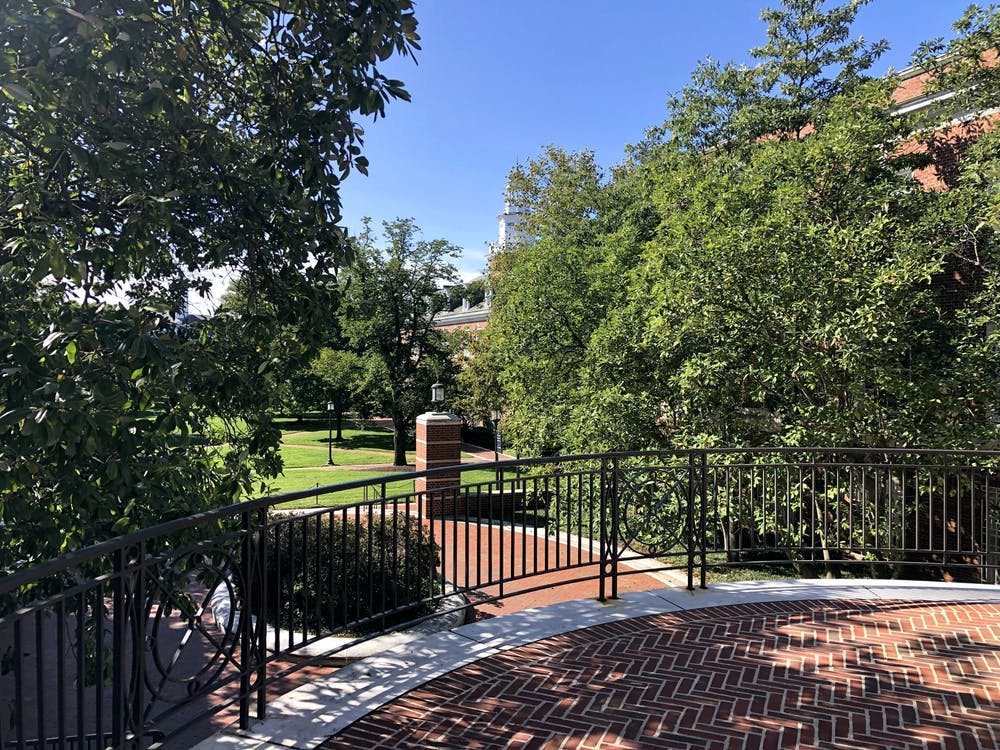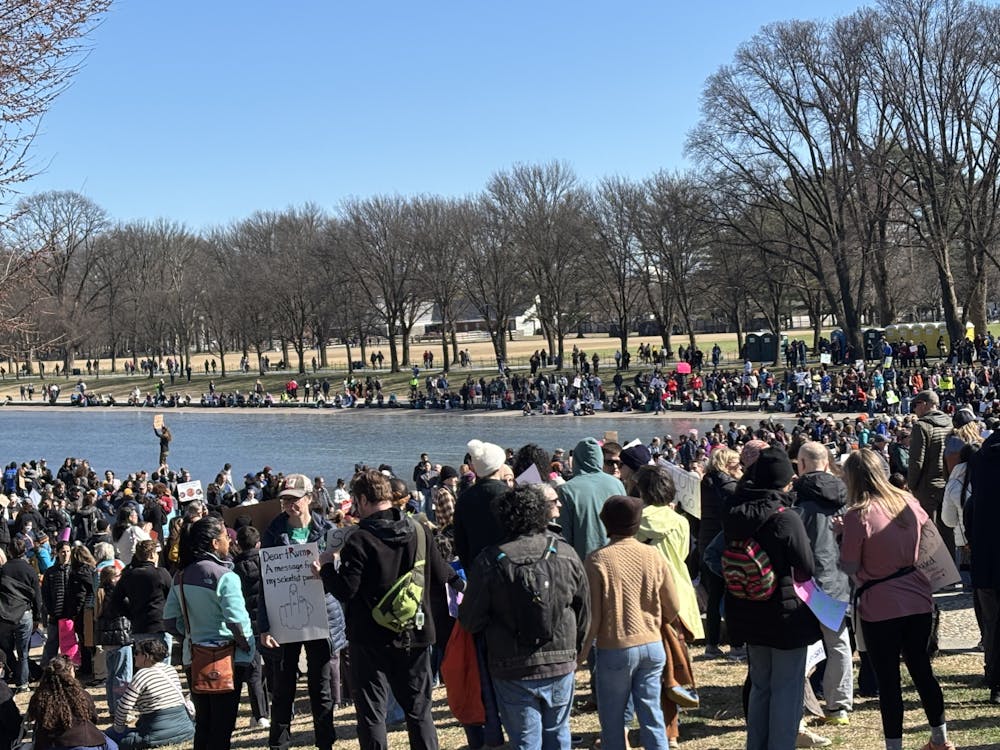The University announced in an email to the student body on August 27 that all fully vaccinated undergraduate students living both on and off-campus will need to be tested once a week. Previously, fully vaccinated students living off-campus were not required to be tested. Those with approved exemptions to the vaccine regulations will still need to be tested twice a week. Additionally, pregnancy will no longer be an accepted exception to the vaccine mandate.
Students can schedule a COVID-19 test through MyChart, with testing locations available at Shriver Hall, Charles Commons and AMR II on weekdays from 9 a.m. to 4:30 p.m.
In an interview with The News-Letter, junior Melody Lee emphasized that while she does feel more at ease with the new protocols, weekly testing is still inconvenient for some students.
“I do live right next to Commons, so it is not as bad for me compared to other students who live farther away,” she said. “But it is annoying to have to remember to make an appointment for testing and go every week.”
Since students will have to get tested weekly, she suggested that the University should improve its system by assigning students a regular time slot every week.
Vice President for Communications Andrew Green stressed in an email to The News-Letter that all students who will be on campus for any reason must be compliant with the protocols. According to him, students who test positive will follow the same procedure as last year.
“Residential undergraduates will be moved into university isolation housing, and undergraduates whose off campus residences are not conducive to safely isolating will be provided accommodations during the time when they are potentially contagious provided we have capacity,” he wrote. “We will employ contact tracing to identify and notify other Johns Hopkins community members who may have had meaningful contact with the COVID-positive students.”
Senior Vara Mathiyalakan maintained that the situation is out of the University’s control and that these regulations are necessary. However, he highlighted that the administration could streamline their broadcasts more effectively.
“Different facets of the University have been communicating well. For example, those emails do take us by surprise, but they are pretty comprehensive,” he said. “There could be better communication though between JHU departments, such as having SLI [Student Leadership and Involvement] informed early when Hopkins officials are about to post an announcement.”
According to the email, 95% of University faculty and 91% of University staff are vaccinated and the COVID-19 positivity rate for students is less than 0.5%. Despite this, the administration cited the increasing number of COVID-19 cases in Baltimore as a reason for the new policies.
According to the Maryland Department of Health, COVID-19 infections among young people in the state have risen by 700% in the past month. With the surge in cases due to the delta variant, Maryland has also established more testing sites to compensate for the state’s decreasing testing volume. Officials have recognized the need to make testing more accessible, allowing primary care providers, hospitals and pharmacies to offer take-home tests in addition to the testing sites available at community centers around Maryland.
Moreover, University-sponsored travel will no longer be allowed unless an organization or individual can prove that it is essential.
Mathiyalakan, who is the president of the Hopkins Model United Nations team HopMUN, explained that travel is essential to the student organization since they participate in multiple conferences a year. Initially, the organization was preparing to attend these events in person but must now consider virtual conferences as well.
“There's just a different feeling of seeing people in person, exchanging papers and just having that camaraderie,” he said. “So we sent an email to them to figure out what is considered University-sponsored travel.”
Green noted that organizations can submit requests to the University for exemptions to the traveling restrictions.
“Each school will make its own determinations regarding ‘essential’. For activities like organizational travel for competitions, we will make decisions on a case-by-case basis,” he wrote.
Despite this, Mathiyalakan asserted that the executive board would have appreciated an earlier announcement.
“Being able to preemptively see the process would definitely be awesome from a cost perspective because we need to figure out how to allocate our budget and resources,” he said. “Preparing people for an in-person conference is very different from preparing for a virtual conference.”
University leaders will hold a virtual town hall on Sept. 1 to discuss the new guidelines further.

















